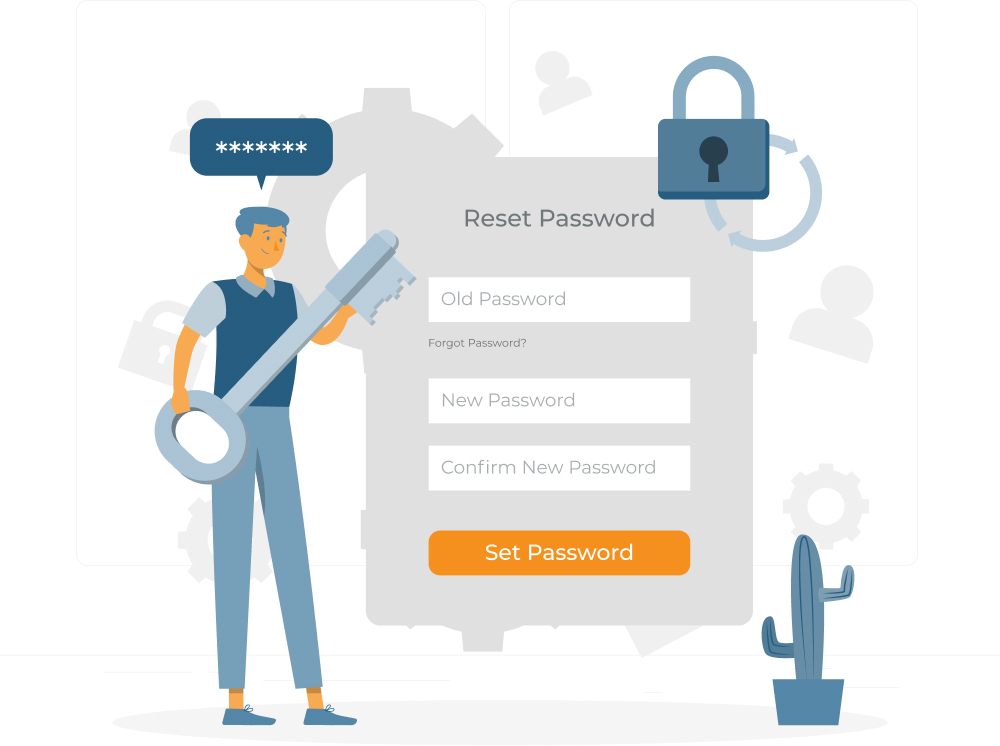Your professional development budget is a valuable resource that can propel your career forward. Employers recognise the importance of investing in their employees’ growth, and if you have access to such a budget, it’s essential to use it wisely. In this article, we’ll explore practical strategies to ensure you make the most of your professional development funds.
Set Clear Goals
Begin by setting clear and specific goals. What skills or knowledge do you want to acquire or enhance? What career milestones are you aiming to achieve? Defining your objectives will help you tailor your investments to align with your professional aspirations.
Prioritise Your Development Needs
Not all professional development opportunities are equally beneficial. It’s crucial to prioritise your development needs based on their relevance to your current job or future career goals. Concentrate your efforts where they will have the most significant impact.
Research and Plan
Once you’ve identified your goals and priorities, research the available options. Look for courses, workshops, conferences, or certifications that align with your needs. Consider factors like the reputation of the training provider, the credibility of the certification, and the practicality of attending the event.
Budget Wisely
Your professional development budget is finite, so budget wisely. Allocate funds to activities that offer the best return on investment for your career growth. Be mindful of costs and choose options that provide the most value without overspending.
Explore Free or Low-Cost Resources
While your budget may cover formal training and education, don’t overlook the wealth of free or low-cost resources available online. There are numerous webinars, online courses, and industry-specific forums that can provide valuable insights and knowledge at little to no cost.
Leverage Internal Opportunities
Some companies offer internal training programs, mentorship opportunities, or access to in-house experts. Explore these options as they can be a cost-effective way to enhance your skills and knowledge.
Seek Feedback and Review Progress
Regularly assess your progress towards your professional development goals. Seek feedback from supervisors, mentors, or colleagues to ensure you’re on the right track. Adjust your plan as needed to stay aligned with your objectives.
Network and Collaborate
Professional development isn’t just about acquiring knowledge; it’s also about building a network of like-minded individuals. Attend industry events, join relevant associations, and collaborate with peers to expand your horizons and gain valuable insights.
Keep Records
Maintain a record of your professional development activities, including certificates, training materials, and accomplishments. This documentation can be valuable when updating your resume or discussing career advancement with your employer.
Share Knowledge
One of the best ways to solidify your learning is by teaching others. Share your knowledge and insights with colleagues or through presentations and workshops. This not only reinforces your own understanding but also demonstrates your expertise to others.
In conclusion, making the most of your professional development budget requires a strategic approach. By setting clear goals, prioritising your needs, and making informed choices, you can ensure that your investment in your career pays off. Remember, professional development is an ongoing journey, and with the right approach, you’ll continue to grow and thrive in your chosen field.
Discover our latest game-changing addition: KMP Courses!
Share this article with a friend or colleague.

